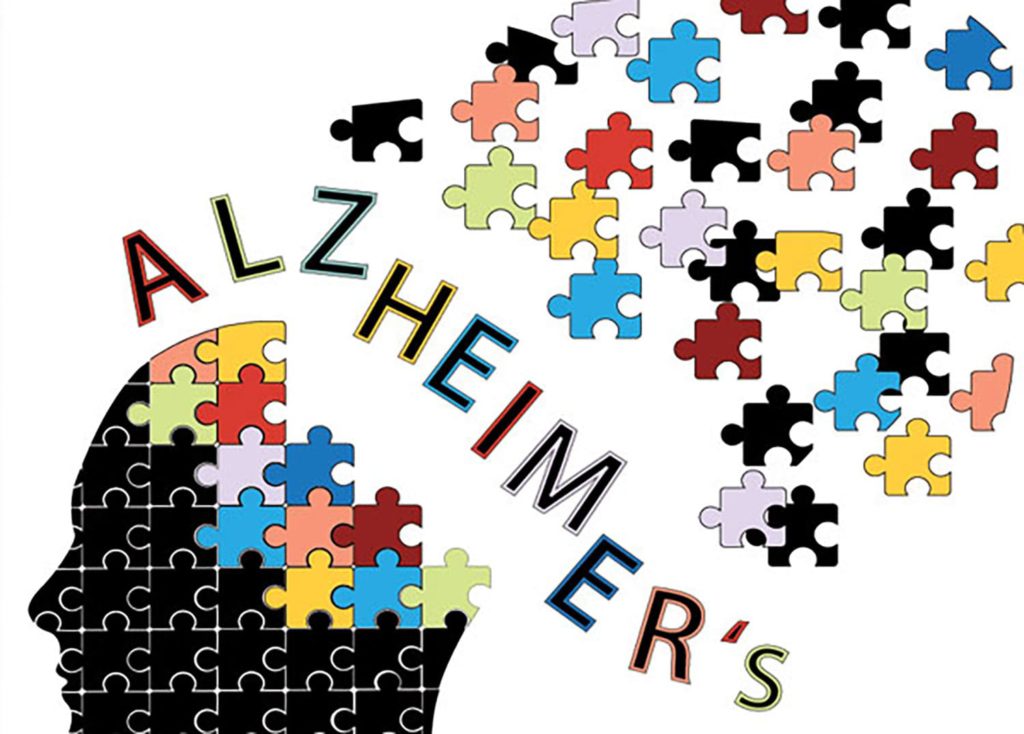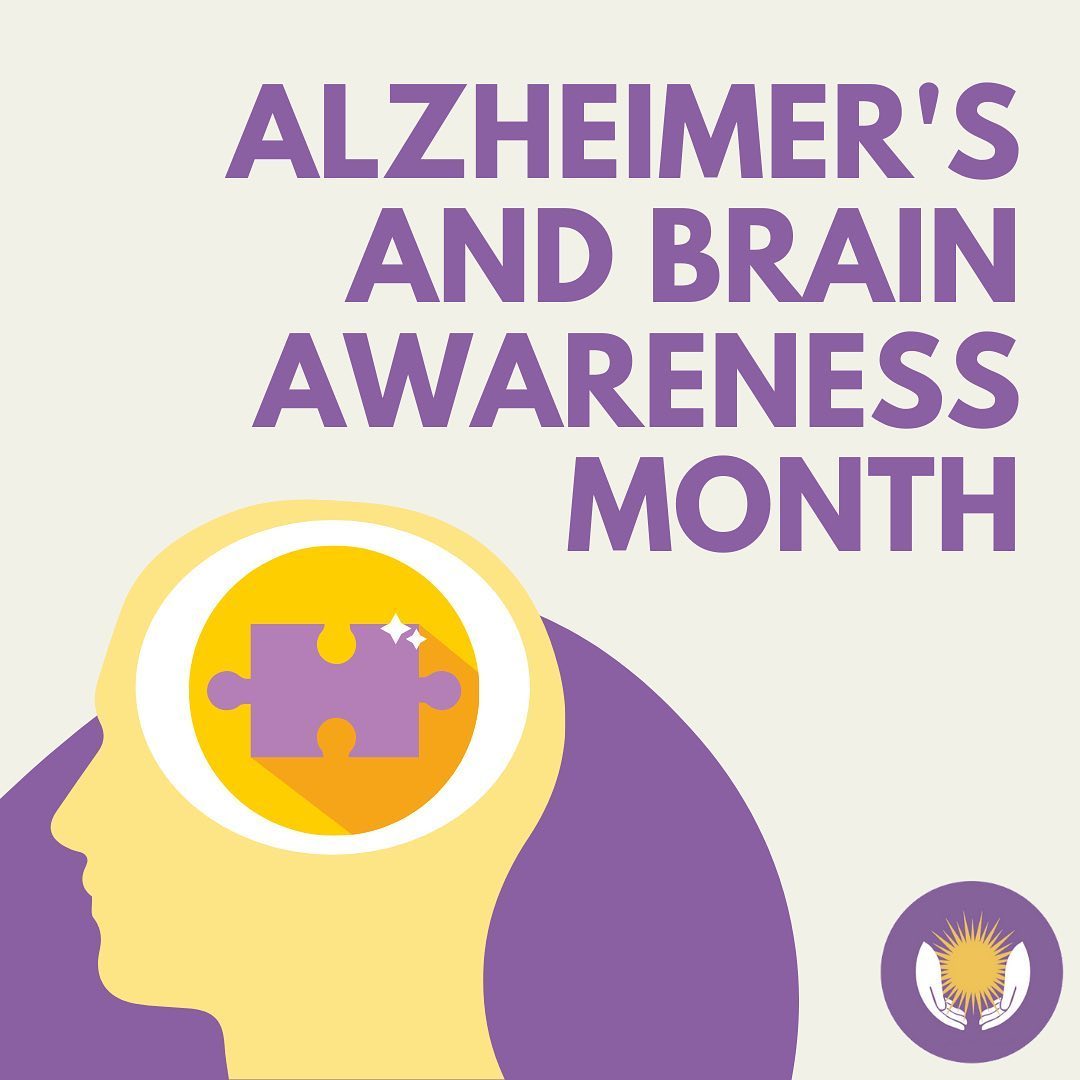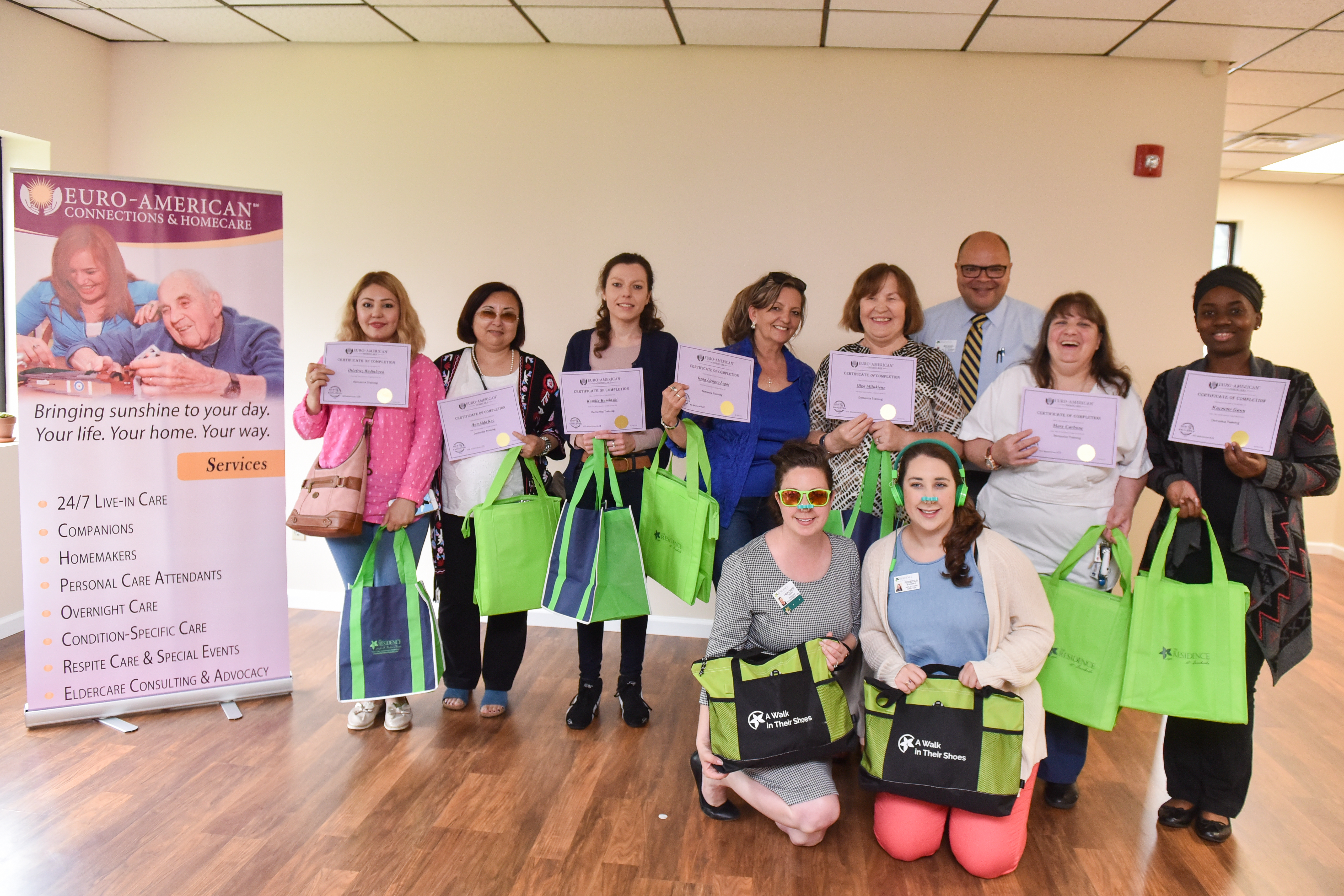The Support Alzheimer’s Caregivers Need

As the amount of older adults and seniors diagnosed with Alzheimer’s disease grows year after year, the demand for caregivers familiar with this condition grows with it.
This past year, there were an estimated 16 million caregivers in the United States providing almost 20 billion dollars of unpaid care to nearly 5 million older adults and seniors suffering from Alzheimer’s. Now, the burden is even greater for both family caregivers and caregivers who take on clients suffering from the debilitating disease.
Despite the amazing work they do, these individuals suffer from loneliness, physical and emotional pain – can develop anxiety, depression fatigue, and even trauma
Here are a few ways to get ahead of the curve and stay vigil!
Get educated! The first and most important thing you can do is educate yourself on the disease. Read the latest news about ways you can engage with Alzheimer’s patients, and about the latest research and clinical trials for patients. There are so many great organizations raising money to find a cure and that are already making huge strides towards funding therapies that will improve their quality of life. Some great websites you can explore include:
The Alzheimer’s Association
Alzheimer’s Foundation
Lost and found
Plan ahead and make sure you realize that your client can often wander and even get lost when suffering from an episode where they aren’t aware of their surroundings. They may wake up one morning and sense that they’re in a stranger’s home, which is tragic. In cases like this, something you can do to protect them is to purchase an ID bracelet to help others identify them.
Prepare your client for visitors in the event that you have a visit scheduled to stop by, such as handyman, let them know ahead of time. They may get agitated when first meeting or trying to converse with the individual.
Be watchful at night
Alzheimer’s patients can tend to get more confused at night rather than during the day, a condition known as sundowning. Make sure you pay attention to this when the sun begins to go down, turn on the house lights a bit earlier to reassure and calm them, and of course, install night lights to keep them comfortable at night.
Don’t lose yourself
Caregivers that take on the serious responsibility to care for an individual suffering from Alzheimer’s doesn’t just deserve but must take a break to care for their own mental and physical health on a weekly basis. Whether it’s a good workout session, phone call, or dinner with your best friend, a day trip to a spa or just to go shopping on your own, and more, will impact your overall well-being.


Comments